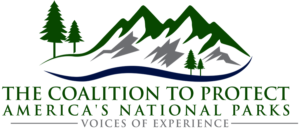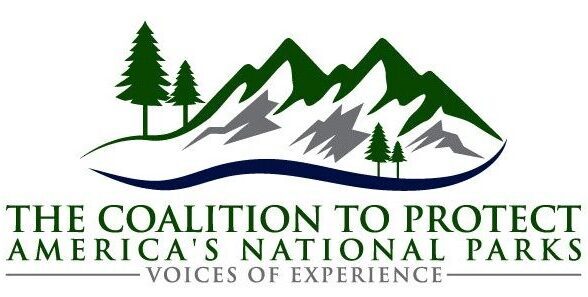
A friend of mine (Annie) just returned from a trip to Savannah, Georgia. Annie and her husband loved the graceful architecture, gorgeous green spaces, and the creative and fresh meals they enjoyed at restaurants throughout the city. But the other experience they raved about? Their visit to an historic home and the incredible guide who narrated their tour.
Annie is not an historian, but she is an accomplished traveler who loves delving into the history of a city. She’s been to scores of historic homes, sites, and museums. But this tour in Savannah really stood out. Their guide was enthusiastic and knowledgeable. She did an excellent job telling the story of the family who owned the home and the enslaved people who lived and labored there. The guide spoke not only of the house’s history, but also the current research surrounding the site and the people with which it’s associated. She clearly has continued to engage in the story; as a result, her interpretation was up to date (as demonstrated by her use of “enslaved person” rather than “slave,” something my non-historian/interpreter friend had never heard) and her tour still felt fresh and exciting.
This is the power of a good storyteller. Call them whatever you will – interpreter, guide, ranger – the people who tell the story of the places we hold dear are vital to conveying the importance of said place. While Annie may have appreciated the lovely furnishings or enjoyed hearing a few stories about the family who roamed the spacious hallways, she would not have truly engaged with the history of the place without her guide. She may not have heard much about the enslaved laborers at all. It was clearly a memorable and thought-provoking experience.
A good interpreter helps the audience connect, on a personal level, to a place. And once that connection is made, that place has meaning. And once a place has meaning, it has value. Places that have value are places that are worth saving. Or, in the more succinct words of Freeman Tilden, “Through interpretation, understanding; through understanding, appreciation; through appreciation, protection.”
Our national parks are stunning, unique, and irreplaceable. National parks encompass sweeping vistas, rugged trails, and miles of sandy beaches. They include memorials, battlefields, monuments, and houses that are a part of our nation’s history. But the national park rangers who work in them are the resources that help us truly appreciate and understand where we are and why it matters. They are the storytellers, who help us connect to a place in a visceral way.
When we talk about budget and appropriations, we’re also talking about these park rangers. When the president proposes a budget that includes a nearly 15% cut to the NPS budget, it means that national parks will not be able to hire the staff they need to appropriately protect and interpret our parks. And they cannot invest in the continued education or training for the employees that they do manage to hire.
National Parks are already suffering from significant reductions in staffing due to decreased annual appropriations over the past decade. It’s possible visit a national park and never see a park ranger – it has happened to me. Parks are lucky to have cooperating associations, volunteers, and friends groups who provide staff support. But we need our park rangers, in those iconic uniforms, who possess the training and knowledge to truly tell the stories of our parks.
Congress is working through the FY 2020 budget right now. We are advocating for our national parks and our national park service employees and urging our representatives to allocate more money to national parks. We must understand and connect with our history. We need our storytellers.
